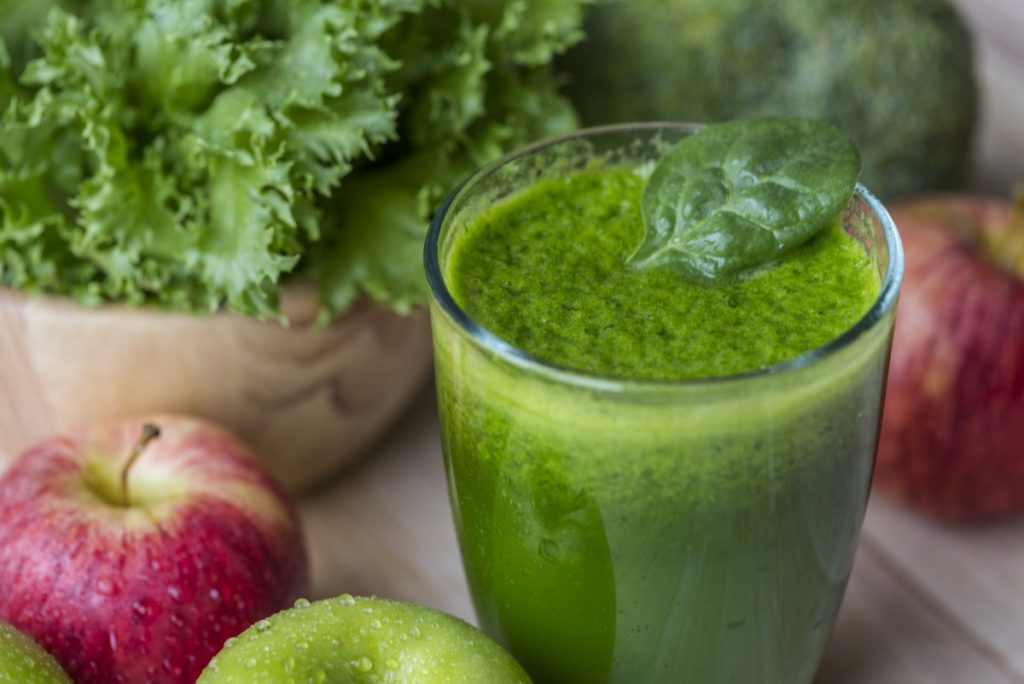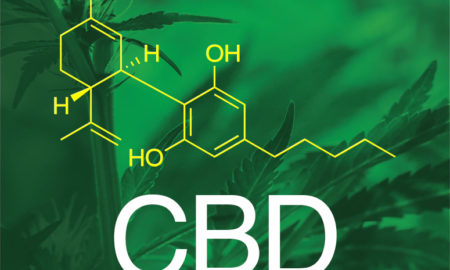

Historical examples of successful plant-based athletes range from the gladiators in ancient Rome (as I wrote about in Iron Man in the Fall issue) to the Tarahumara Indians who run 160-mile races for the fun of it: six back-to-back marathons. But the diets of these plant-based athletes weren’t put to the test until the last century or so. The Yale Medical Journal of 1907 purported to show “beyond a reasonable doubt that the flesh-eating group of athletes was very far inferior to the abstainers” and the meat-eaters fared worse than even sedentary vegetarians! Meaning it’s not like the veg athletes just won because they were training harder or something. There are certainly advantages to plant-based eating; according to The Journal of Sports Sciences, more antioxidants in your bloodstream increase your ability to combat “exercise-induced oxidative stress”, and the anti-inflammatory nature of many plant foods that may “accelerate muscle repair” and strength recovery. But, do you have to eat this way for years, or decades or your whole life to get these apparent benefits?
.
.
What if you took a couple guys in Texas, eating their regular Texan diet, put them through a maximal exercise test, then asked them to cut out the meat for four days, told them about the existence of bean burritos, then after four days tested again, measuring time to exhaustion, ramping up the treadmill to see how many minutes could they go without collapsing? According to this study performed at the University of Texas, there was a significant difference, favoring the vegetarian diet, boosting the time to exhaustion by about 13 percent. Each of the subjects, all five, “had a higher time to exhaustion following a vegetarian diet.”
.
.
But who noticed the fatal flaw to this study? Anyone catch it? They were all in the same sequence—meat diet first then veg diet. And any time you do a test a second time, you may do better just because you’re more familiar with it. If they then went back to eating meat, and their performance tanked during a third test, then you might be onto something, but this isn’t very convincing. And even if the effect is real, it may not be the meat reduction per se, but a function of improved glycogen stores from eating more carbs or something.
.
.
However, according to the textbook, Vegetarian Nutrition, if you put athletes to a vegetarian versus omnivorous diet for a 621-mile race—(you’ve heard of a 5K? This is a 1000K!)—and you make sure to design the two diets so all of the athletes in both groups get about the same percentage of carbs, the finishing rates are identical, and total times within just a few hours of each other.
.
.

.
.
These findings were similar to those in a recent article from the European Journal of Applied Physiology which showed the same thing with sprinting: randomize people into veg or mixed diet groups, and no significant difference in sprint power between the two groups. They conclude that “acute” vegetarianism has no apparent adverse effects, but no apparent performance benefits either.
.
.
Same with strength training
A study published in the journal Medicine and Science in Sports and Exercise measured “maximum voluntary contraction” of both biceps and quads “before and after each dietary period,” of a plant-based and then meat-based diet and no significant difference either way. Put all the studies together comparing physical performance in these kinds of randomized, controlled trials, where you have folks eat more plant-based for just a few days or weeks, and: “There appeared to be no differences at least acutely between a vegetarian-based diet and an omnivorous diet in muscular power, muscular strength, or aerobic performance.”
.
.
Long-term, though, a plant-based diet can be conducive to both endurance performance and health. From The American Journal of Clinical Nutrition, “Whereas athletes are most often concerned with performance, [more plant-based] diets also provide long-term health benefits and a reduction in the risk of chronic disease,” associated with a reduced risk of developing coronary heart disease—the number one killer of men and women—”breast cancer, colorectal cancers, prostate cancer, type 2 diabetes, insulin resistance, hypertension, cataracts, and dementia.” As a young plant-based bodybuilder once wisely said, “Doesn’t matter how shred, if you’re dead!”
.
.
Hope you are enjoying this series about plant-based nutrition and athletes. Speaking of which, I was honored to be a scientific consultant for an amazing new documentary about diet and athleticism called The Gamechangers, which will be debuting September 16, 2019. Check it out at gamechangersmovie.com!
.
.
.
Dr. Greger is a physician, New York Times bestselling author, internationally recognized speaker on nutrition, food safety, and public health issues, and founder of NutritionFacts.org. Dr. Greger is a founding member and Fellow of the American College of Lifestyle Medicine and specializes in clinical nutrition. He is a graduate of the Cornell University School of Agriculture and Tufts University School of Medicine. Both his latest books, How Not to Die and the How Not to Die Cookbook, became instant New York Times Best Sellers and all of his book proceeds are donated to charity.
.
.

.























You must be logged in to post a comment Login